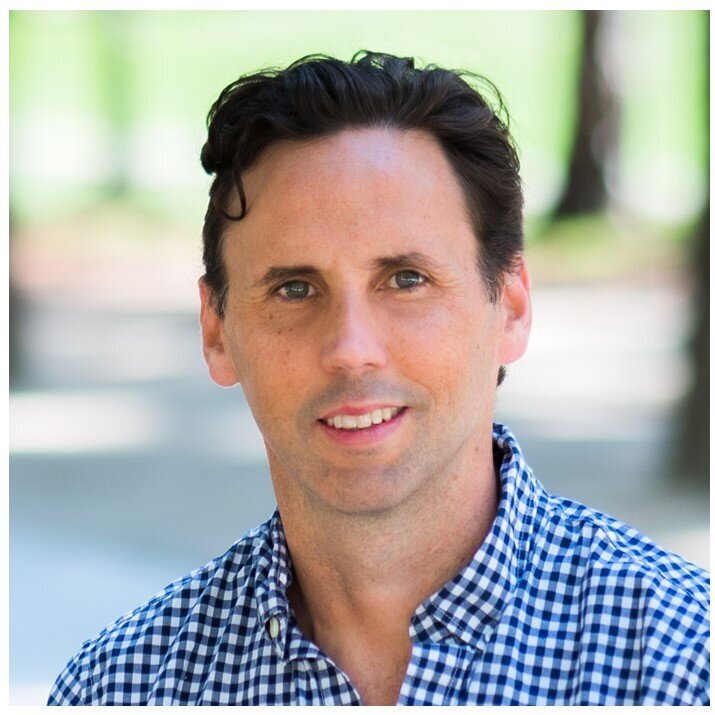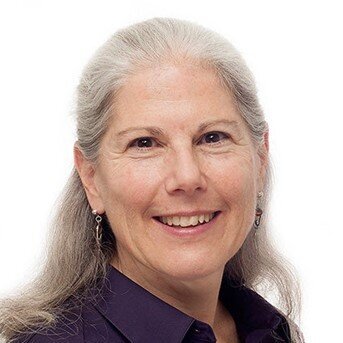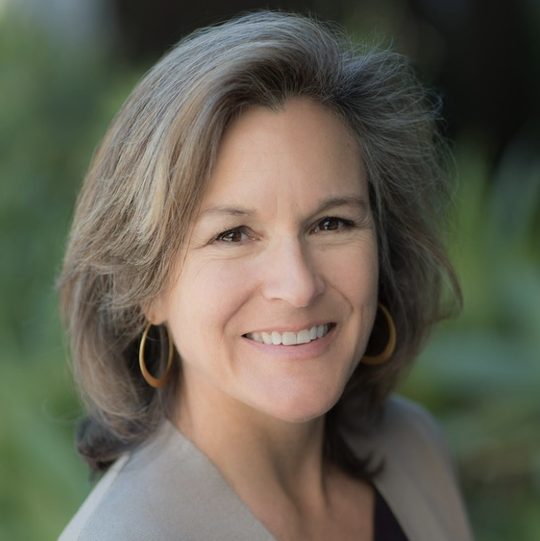The U.S. Environmental Protection Agency (EPA) plays a critical role in safeguarding public health and the environment by regulating pollutants, enforcing environmental laws, and overseeing various programs related to air and water quality, waste management, and chemical safety. However, in recent years, the Agency has adopted scientifically-flawed methods in its chemical evaluations, leading to weaker regulations that increase exposure to harmful chemicals and jeopardize public health, especially among overburdened and susceptible
communities.
Understanding what goes on behind closed doors at the EPA reveals how flawed science, conflicts of interest, and inadequate regulatory frameworks can undermine effective regulations. Greater transparency is crucial to rebuilding public trust, ensuring accountability, and guaranteeing that environmental policies genuinely prioritize human health and safety.
In this webinar, a series of brief presentations by public health experts highlighted key examples of EPA’s scientific shortcomings and their implications on public health. The lightning talks featured topics such as pesticides, new approach methodologies (NAMs), facility permitting, environmental justice, and more. The webinar concluded with a Q&A discussion exploring how to best engage with the EPA to promote better health-protective policies.
Rashmi Joglekar, PhD of UCSF's Program on Reproductive Health and the Environment will moderate the discussion.
Featured Speakers

Jennifer Sass, PhD brings to her job a highly specialized expertise in U.S. chemicals policy. Much of her work is focused on understanding and explaining the science behind toxic chemical regulation and on advocating for regulations that are consistent with science, health policy, and environmental law. She frequently provides testimony and scientific briefings for members of Congress and federal advisory committees and is a lecturer at George Washington University’s department of environmental and occupational health. She has a master’s degree and a PhD in anatomy and cell biology from the University of Saskatchewan and has done postdoctoral work in toxicology at the University of Maryland. She is based in NRDC's Washington, D.C., office.

Jonathan Kalmuss-Katz, JD is a senior attorney in Earthjustice’s Toxic Exposure and Health program, which is dedicated to protecting people and the environment from toxic chemicals. His work is primarily related to the Environmental Protection Agency’s implementation of the Toxic Substances Control Act (TSCA). Before joining Earthjustice, he worked at an environmental law firm in New York, where he focused on litigation involving environmental impact review and hazardous substance remediation under state and federal law. He is a graduate of NYU School of Law and of Carleton College

Maria Doa, PhD is the Senior Director of Chemicals Policy at the Environmental Defense Fund, where her primary focus is on reducing exposures to toxic chemicals through health-protective implementation of the Toxic Substances Control Act (TSCA). Maria joined EDF in 2021, after a 30-year career at the Environmental Protection Agency where she developed extensive experience in chemical safety, risk policy and risk management of chemicals. She created and led programs to reduce risks to many industrial and commercial chemicals including lead, PCBs, mercury and asbestos, and to increase the public’s access to information on toxics chemicals. Maria has a doctorate in organic chemistry from the University of Pittsburgh and a bachelor of science in chemistry from the University of Michigan

Michelle Mabson, MPH, MSc is a health scientist and social justice activist based in Washington, D.C. A dedicated and mission-driven leader, she joined the Earthjustice Healthy Communities team shortly after leaving the U.S. Environmental Protection Agency, where she saw firsthand how the Trump administration threatened essential health protections for communities, especially low income and communities of color. As a Staff Scientist at Earthjustice, Michelle provides technical expertise in risk assessment, environmental health, and environmental justice to inform litigation and advocacy efforts. As an activist, Michelle serves as the co-founder and former Chief Advocacy Officer for Black Millennials 4 Flint. Michelle received a dual Master of Public Health & Master of Science from the University of Michigan in environmental health and environmental justice, respectively, as well as a biology degree from Howard University. She is currently pursuing a Doctorate in Public Health in environmental health at the Johns Hopkins Bloomberg School of Public Health and is a Fellow in the Bloomberg American Health Initiative Fellowship.

Nicholas Chartres, PhD is a Senior Research Fellow at The University of Sydney. He specializes in studying commercial determinants of health, focusing on chemicals, nutrition and public health. Nicholas has extensive experience in evidence synthesis, including the use of systematic review methods and works with international organizations and agencies to implement empirically based methods to develop guidelines and risk assessments to ensure improved consistency, greater transparency, and reduced bias when evaluating the scientific evidence and formulating recommendations.

Patti Goldman, JD is a senior attorney in the Northwest regional office of Earthjustice in Seattle, WA, with extensive experience in environmental and public interest law. She served as Earthjustice’s Vice President for Litigation from 2008 to 2014, overseeing the expansion of the organization’s programs and regional offices. Her litigation successes include protecting farmworkers from hazardous pesticides, safeguarding old-growth forests, restoring salmon populations, and defending the Southern Resident orca whales. She has also represented the Yurok Tribe on Klamath River flow issues since 2016 and has received numerous honors, including being named a SuperLawyer since 2006.

Rashmi Joglekar, PhD, leads the Science, Policy & Engagement team at PRHE. She comes with a wealth of knowledge and understanding of how toxic chemicals impact susceptible populations and communities and is skilled in addressing these issues with decision-makers in Washington, DC. Rashmi completed her PhD in the Integrated Toxicology and Environmental Health Program at Duke University, specializing in neurodevelopmental toxicology. Previously, she was a staff scientist at Earthjustice, where she partnered with lawyers and community leaders working on behalf of impacted communities to build the strongest scientific case for federal agencies to protect communities from harmful chemical exposures.

Tracey Woodruff, PhD, MPH is the director of UCSF PRHE and UCSF’s Earth Center. She is a leading scientist who has produced seminal research on how harmful chemicals and pollutants impact health, pregnancy, and child development, including the first international study to document the effects of air pollution and preterm birth and the first to document toxic chemicals in pregnant women and newborns. A national expert in chemical and regulatory policy, Dr. Woodruff was a senior scientist and policy advisor for the U.S. EPA’s Office of Policy prior to joining UCSF.
This webinar was hosted in collaboration with UCSF's Science Action Network and Program for Reproductive Health and Environment, and Earthjustice.
